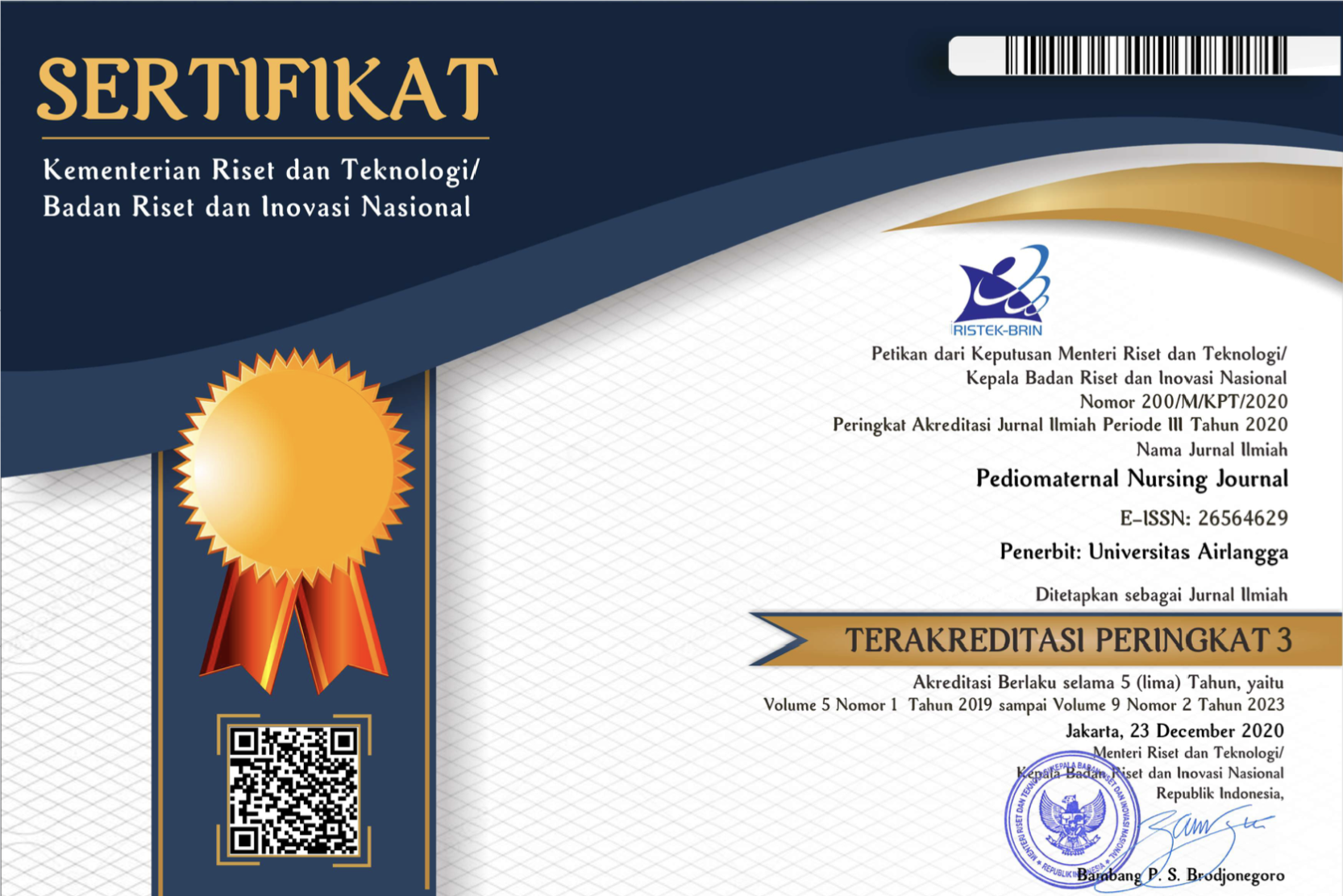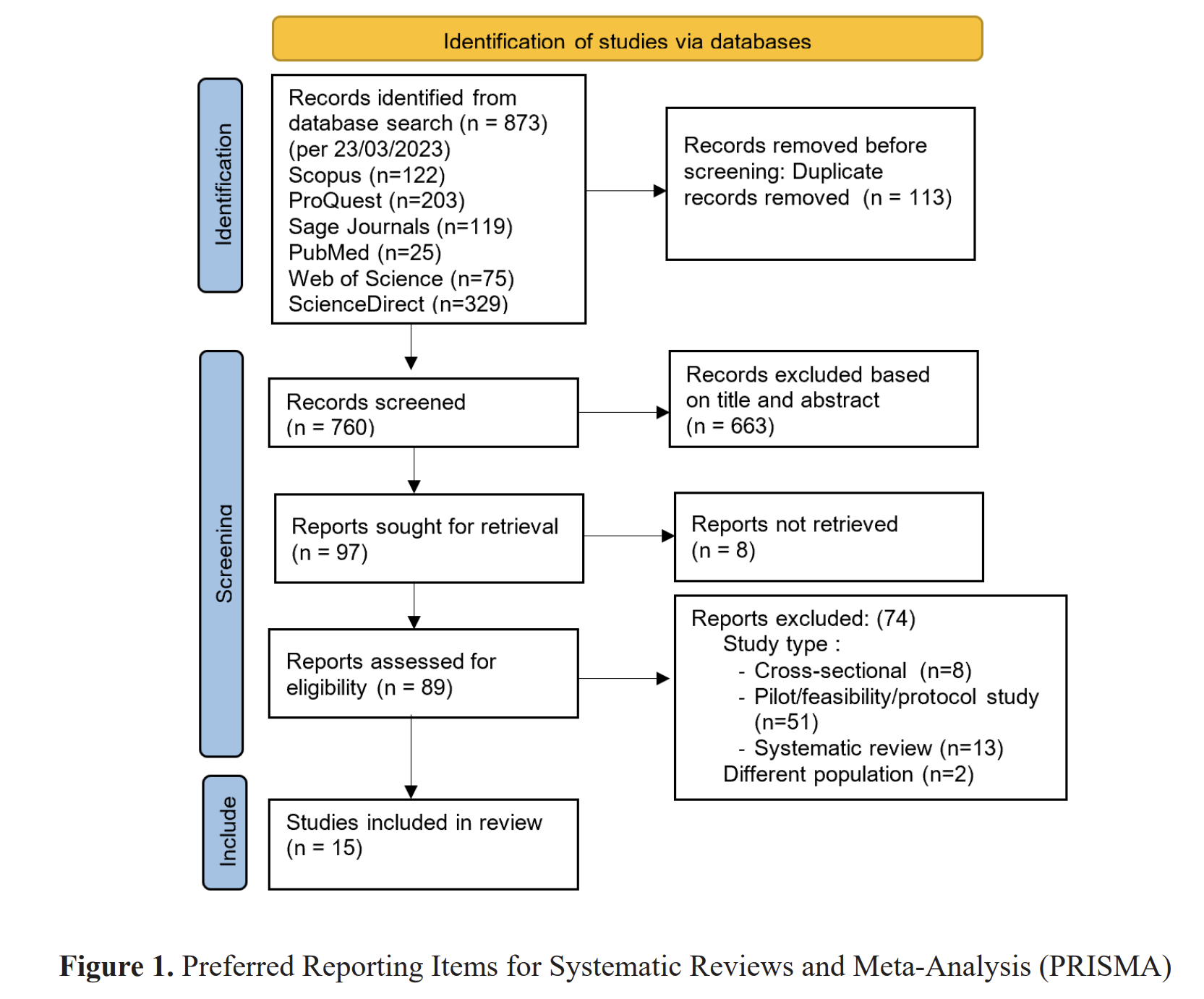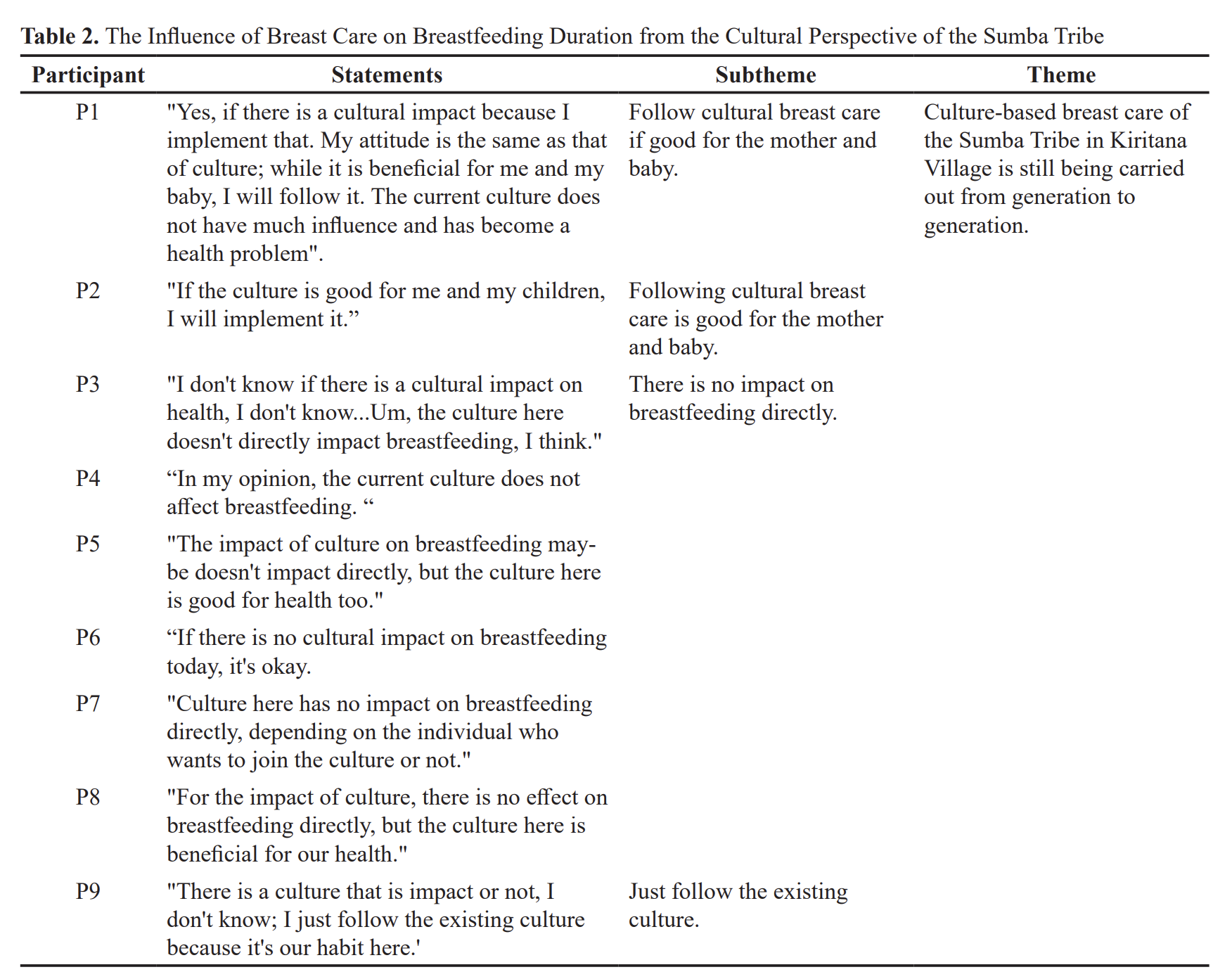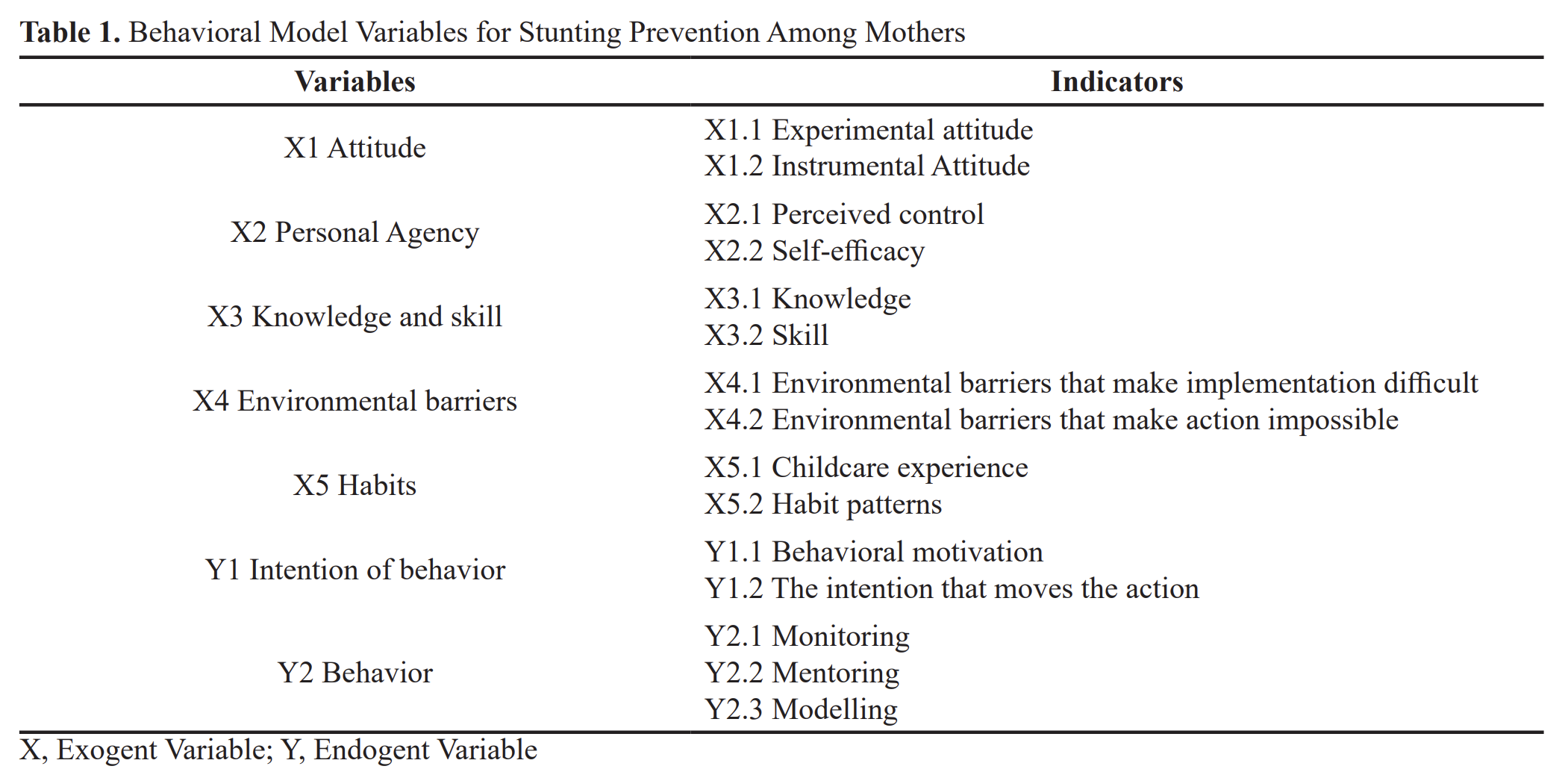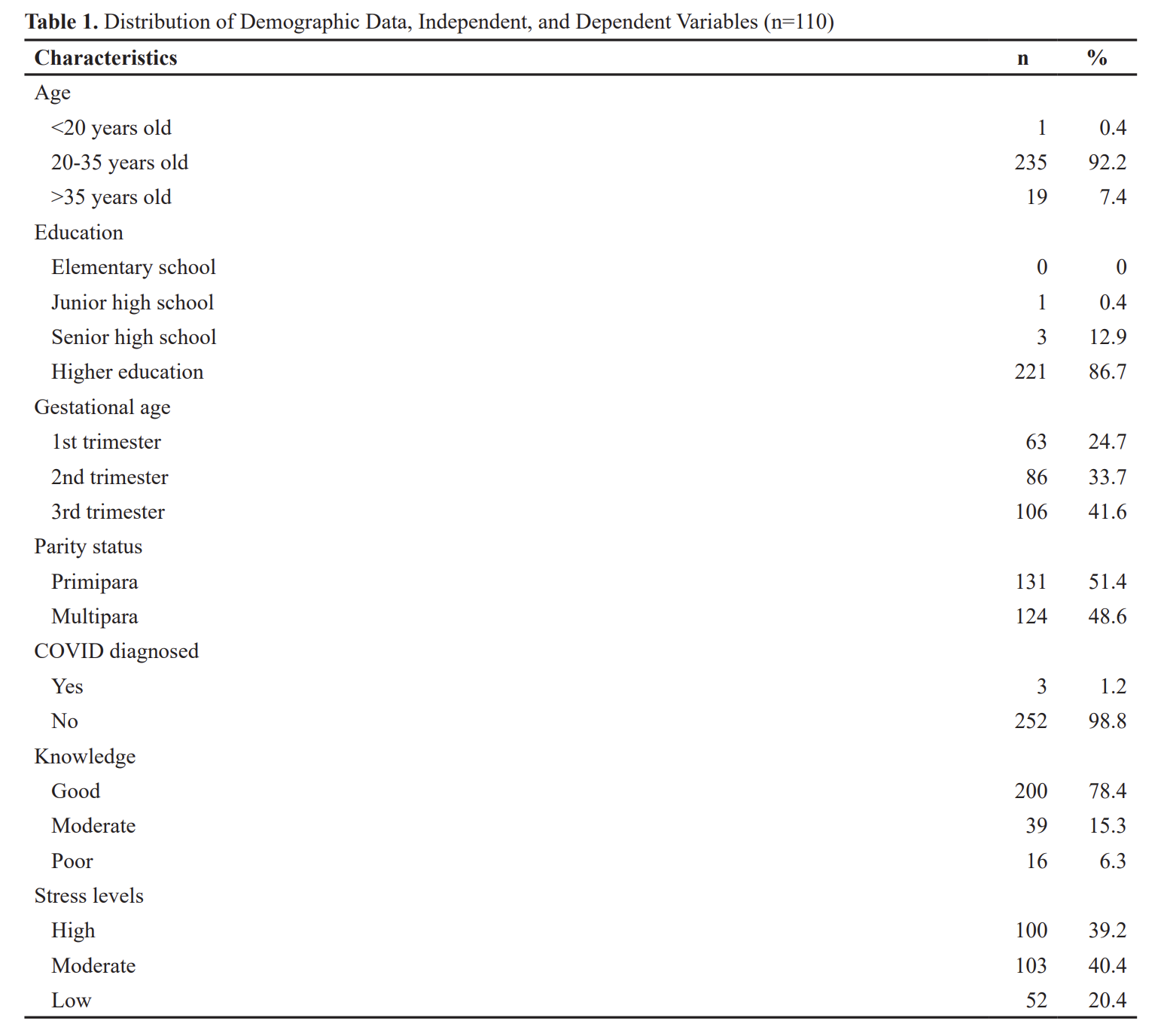Cooperative Level among Preschooler during Intravenous Injection Procedures: An Explanative Study
Downloads
Introduction:Hospitalized preschoolers have higher anxiety and fear reactions, especially given intravenous injections that are included in invasive procedures The purpose of this study is to determine the cooperative level of preschool children (4-6 years) during intravenous injection procedure.
Methods: The research design used was explanative. The samples numbered 34 children aged 4-6 years who underwent treatment in Dahlia room Mgr Gabriel Manek, SVD Hospital selected by purposive sampling with the variables used namely the cooperative level of preschool children during the intravenous injection procedure. Data was collected using cooperative level observation sheets.
Results: The cooperative level of preschool children during the intravenous injection procedure was in the uncooperative category of 31 children (91.1%) while the cooperative category was 3 children (8.9%).
Conclusion: The cooperative level of preschool children during the intravenous injection procedure tends to be uncooperative. This is influenced by the age and development of the child and the existence of external support from parents and chaperones during the intravenous procedure. Further research can use this study as data in determining appropriate interventions to improve the cooperative attitude of preschool-aged children during intravenous injection procedures.
Arief, Y. S. et al. (2012) ‘Peningkatan Perkembangan Multiple Intelligences Anak Usia Prasekolah Melalui Stimulasi Alat Permainan Edukatif', Jurnal Ners, 7(1), pp. 64–70.
Breving, R. M. de (2015) ‘Pengaruh Penerapan Atraumatic Care Terhadap Respon Kecemasan Anak Yang Mengalami Hospitalisasi Di Rsu Pancaran Kasih Gmim Manado Dan Rsup Prof. Dr. R. D. Kandou Manado', eJournal Keperawatan, 3(2).
Farida Juanita (2017) ‘Teknik Distraksi Audio Visual Menurunkan Tingkat Kecemasan Anak Usia Sekolah Yang Menjalani Sirkumsisi (The Audio-Visual Distraction Minimizes The Children's Level Of Anxiety During Circumcision)', Jurnal Ners.
Hasnita, E. and Gusvianti, S. (2013) ‘Meningkatkan Kooperatif Selama Menjalani Perawatan Pada Anak Usia Prasekolah ( 3-5 Tahun )', Jurnal Mutiara Ners, 1, pp. 24–30.
Heryyanoor, H. et al. (2019) ‘Music Therapy and Bibliotherapy to Reduce Child Anxiety When Given Intravenous Therapy', Jurnal Ners, 14(3), p. 340. doi: 10.20473/jn.v14i3.17182.
Kaur, B., Sarin, J. and Kumar, Y. (2014) ‘Effectiveness of cartoon distraction on pain perception and distress in children during intravenous injection', IOSR Journal of Nursing and Health Science, 3(3), pp. 08–15. doi: 10.9790/1959-03320815.
Kusumawardhani, I. A. et al. (2019) ‘Analisis Kematangan Emosional Anak Ditinjau Dari Usia Masuk Tk A', Jurnal Penelitian dalam Bidang Pendidikan Anak Usia Dini (PAUDIA), 8.
Primadita, A. (2012) Efektifitas Intervensi Terapi Musik Klasik Terhadap Stress Dalam Menyusun Skripsi Pada Mhasiswa PSIK Undip Semarang. Universitas Diponegoro.
Purna, pramesti pradira triwahyu, Sawitri, prihatini monika and Yuliati, A. (2016) ‘Pengaruh Terapi Bermain Terhadap Tingkat Kooperatif Anak Usia Prasekolah', Jurnal Insan Cendekia, 4(1), pp. 65–72.
Ramdaniati, S., Hermaningsih, S. and  , M. (2016) ‘Comparison Study of Art Therapy and Play Therapy in Reducing Anxiety on Pre-School Children Who Experience Hospitalization', Open Journal of Nursing, 06(01), pp. 46–52. doi: 10.4236/ojn.2016.61005.
Rao, A. (2012) Principles and Practice of Pedodontics (2nd Edition). 3rd edn, Jaypee Brothers Medical Publishers. 3rd edn. Edited by A. Rao. Jaypee Brothers Medical Publishers (P) Ltd. doi: 10.5005/jp/books/10674.
Ryckman, K. et al. (2017) ‘Temperament and fracture in preschool-aged children', Paediatrics & Child Health, 22(4), pp. 195–198.
Saputro, H. and Fazris, I. (2017) Anak Sakit Wajib Bermain di Rumah Sakit. Ponorogo: Forum Ilmiah Kesehatan (Forikes).
Susenas (2018) ‘profil kesehatan ibu dan anak 2018', p. 312.
Wong, D. L. et al. (2009) ‘Buku Ajar Keperawatan Pediatrik'. EGC, p. 750.
Copyright (c) 2020 Regina Soares Da Costa Ximenes, Yuni Sufyanti Arief, Elida Ulfiana

This work is licensed under a Creative Commons Attribution 4.0 International License.
1. The journal allows the author to hold the copyright of the article without restrictions.
2. The journal allows the author(s) to retain publishing rights without restrictions.
3. The legal formal aspect of journal publication accessibility refers to Creative Commons Attribution (CC BY).

